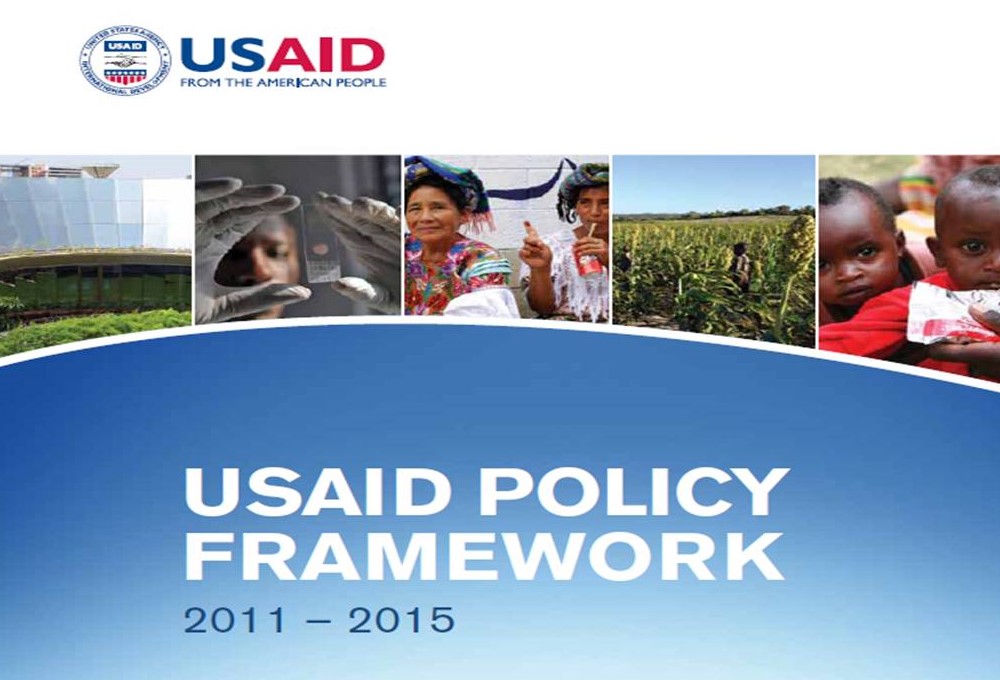“In a knowledge economy, a good business is community with a purpose, not a piece of property.”
– Charles Handy
I have been a proponent of education and the value of this knowledge in driving human development & economic prosperity over time. Last year, I did an article on the Fourth Industrial Revolution where I argued for data, information and knowledge derived from these as the key drivers of the 4IR. Subsequently, it so happened that in 2020, my mother country Kenya was in 2020 reclassified as a lower-middle income country by the International Monetary Fund (IMF). This triggered a series of changes in policy direction which have seen international partners and agencies change their engagement plan from aid-driven to internal capacity development dubbed Journey to Self Reliance. This is extensively explored and argued for by the USAID and by extension other affiliated agencies and organizations. In order to work towards this envisioned future, we have witnessed internal changes including government fiscal policies with increased taxation among others. This is majorly geared towards ensuring programs earlier funded by donors and development partners do not collapse during this transition.
These changes in my perspective are catastrophic in the immediate moment especially with a struggling economy. However, in the long term it will be dependent on how we ride this wave to create value or draw back on the gains we had made as a country. Reflecting on this publication by the Learning Lab, I am convinced that for us to realize our aspirations of a self-reliant and sustainable economy, we will need to leverage on human capital and create a knowledge economy as the basic principle. In all advances that have ever been accomplished by humans, the starting point has always been creative ideas capable of solving societal problems. This can only be made possible through a strong knowledge ecosystem either through academic institutions i.e. technical colleges, universities, incubators and consultancy firms among others. These institutions will need to generate new ideas, concepts and implementation frameworks in various fields with the potential to change the dynamics of operation. On this account, I believe in a country where unemployment is rife, building a knowledge economy to drive this future is key. It’s evident that by realigning our education system to create a conducive ecosystem for creativity is needed but may not be possible. How then can we tap into the knowledge economy?
- Employees in their respective organizations with the technical capacity & know-how need to take a lead role in futuristic thinking based on market dynamics to envision a future for these industries. They should then position themselves as thought-leaders sharing insights and perspectives through different mediums to influence others into such models. These will evoke action in the industry and ultimately success when these are adopted as mainstream models. In so doing, the professionals build a personal brand of value, tap into existing employment opportunities as industry champions, serve in board positions and most importantly shape industries. They’ll be leveraging on their specialized knowledge-domains to drive and derive value from the industry. Publications in the form of white papers, journals and books will be the outcomes of this work developing a local repository of insights for industry shapers of the future to act on.
- Professionals will need to organize, associate and operate within their expert domains in the form of professional associations, industry associations and trade unions to envision, design and work towards a future for the industry or sector with shared purpose.
- Partnerships and collaborations between industry players and academic institutions will be a key contributor in ensuring graduates are optimized for the job market, empowered to be creative and innovative and most importantly understand the market dynamics. With this new business models, innovations and ecosystems for economic growth will be established for centennial industries.
- Consultancies are key in the Journey to Self Reliance framework as there is need to contextualize international learnings & practices to local contexts for sustainable development in these countries. This is opening up spaces for professionals to commercialize their technical knowledge while leveraging on their indigenous context to ensure insights offered are key in shaping the future of practices and driving the development of the country.
- Finally, organizations will need to attract great talent, encourage continuous learning and establish a culture of curiosity, visionary and morality.
Looking into the future, I believe it’s time for professionals to put their technical competencies to use and deliver value for all. This is possible by refocusing our priorities, strategizing with a long-term vision for our respective industries rather than the immediate gratification mindset of moving products from point A to B. Unless it requires specialized knowledge derived from your professional practice there’s little value add as any other person can do it.
Ps. There’s evidence to confirm that the future is knowledge based. Grant funding opportunities are keen on shared learning among others such as this call for proposals by Voice.
“In an economy where the only certainty is uncertainty, the one sure source of lasting competitive advantage is knowledge. – Ikujiro Nonaka

